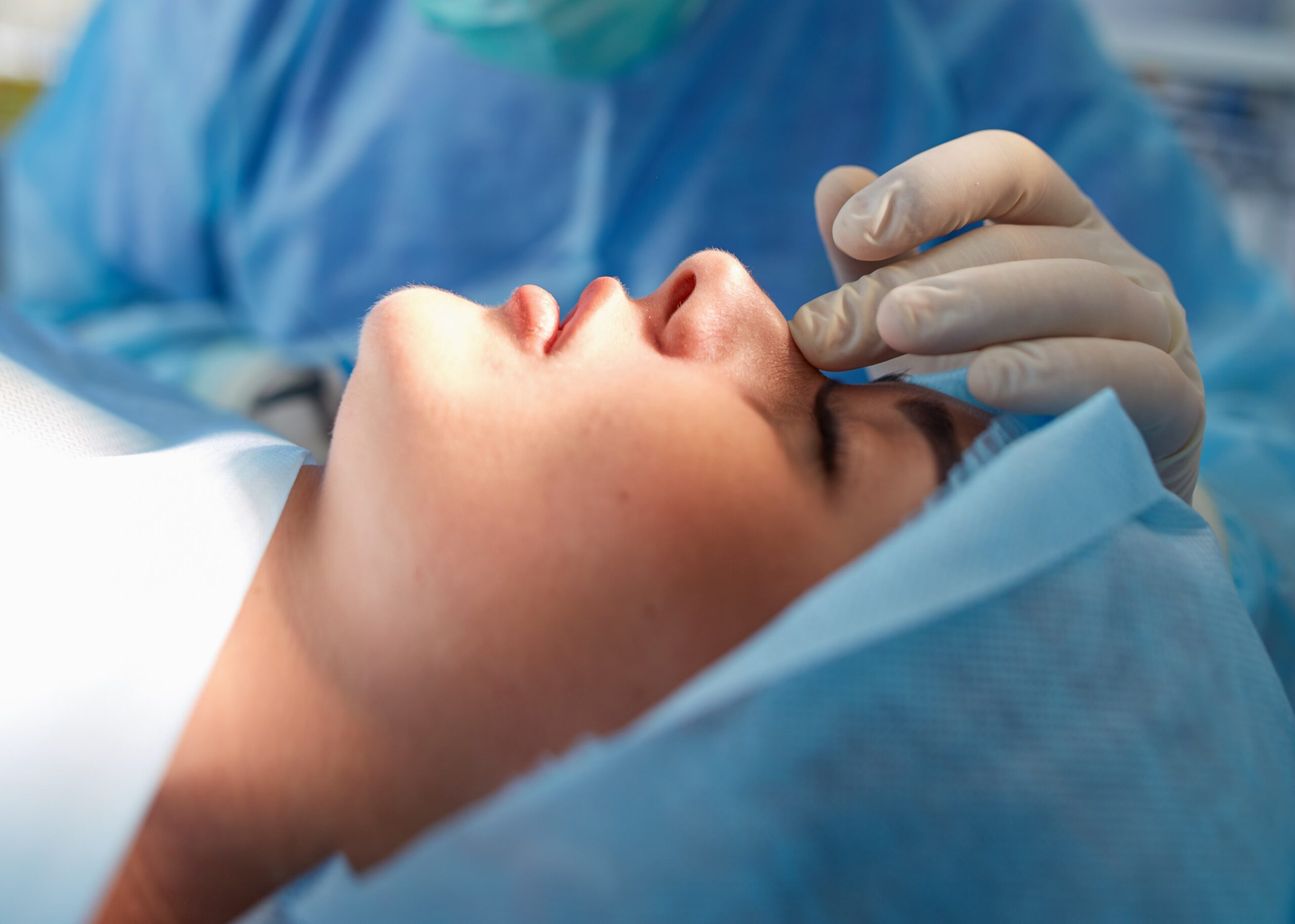What is PRK?
Our ophthalmologists empathize with patients when they find out they aren’t eligible for LASIK. That’s why we provide multiple types of laser refractive error correction, like PRK (photorefractive keratectomy), at our office in Encino. PRK was the original version of laser vision correction and has offered life-changing sight to millions of men and women across the globe. For around 5 years, the procedure was safely and effectively performed until the advancements of LASIK methods.
Fortunately, ophthalmologists still perform PRK surgery all the time, primarily for patients who don’t have thick enough corneal tissue to receive LASIK. We perform PRK to resolve or improve refractive errors, such as myopia and hyperopia; however, PRK is performed somewhat differently and requires a longer healing process. Best of all, PRK provides results that compare to or even outdo those of other laser vision correction procedures.
Reach out to our team at Ophthalmology Associates of the Valley for a comprehensive assessment if you think you might be a good candidate for PRK. Both of our locations in Encino or West Hills can provide additional information about this surgery.
What are the benefits of PRK?
PRK offers many advantages to our Los Angeles, CA patients looking to receive corrective vision treatment, such as:
Fewer qualifiers than other competing procedures
Brief recovery time that leaves patients able to return to everyday life within days
Restorative process that removes reliance on other vision correctors, such as glasses and contacts
Long-lasting results that provide vision improvements for years to come
Am I a Candidate for PRK?
For the most part, PRK is reserved for individuals who want laser refractive surgery but are not candidates for LASIK due to various reasons.
In addition to being over 18 years old and having stable vision for at least one year, key factors that make PRK suitable include the following:


How does PRK work?
Usually, PRK procedures are completed in about 10 minutes. Before getting started, we will completely numb the eye with no-sting eye drops to ensure a painless experience.
Next, a device is placed into the eye to stop it from blinking. The PRK technique is just like LASIK and LASEK for the first steps. The primary difference in the PRK technique is that no corneal flap is required. Rather, the thinnest, outermost layer (the epithelium) of the eye is fully taken off and disposed of, which lets us recontour the cornea beneath.
Afterward, patients need to wear a specialized bandage contact lens to shelter the eye while the epithelial tissue grows back. The epithelium usually regrows in 1 – 2 weeks, meaning the overall recovery period lasts a bit longer compared to other laser refractive surgery techniques.
How Long is Recovery After PRK?
Following any laser vision correction surgery, like LASIK or PRK, we require our patients to come back to Ophthalmology Associates of the Valley for one or more follow-ups. The first appointment is often as soon as the following day.
These appointments are crucial so that we can keep an eye on a patient’s healing process, look for any unanticipated reactions, and help take care of any possible discomfort. Relative to other laser refractive techniques, PRK does have a lengthier recovery process and a bit more discomfort, including photophobia (light sensitivity), grittiness sensations in the eye, and extreme dry eye.
The majority of patients need to use their protective healing contacts for about three weeks. Nonetheless, when the eyes have completely recovered, the acuity results will be as good as or better compared to other laser vision correction. Typically, patients can return to their jobs and driving within 7 – 10 days and experience their full vision improvement within 1 – 3 months.
PRK FAQ
Get Crisper, Clearer Vision with PRK
Because it was the initial approach to laser refractive surgery, PRK has been helping patients to gain their sharpest vision for almost 25 years. For people who have been informed they weren’t ideal candidates for LASIK, PRK might be the best solution. Despite the longer recovery period with PRK, the end result between LASIK and PRK are identical.
At Ophthalmology Associates of the Valley, our experienced team has proudly delivered 20/20 vision to thousands of San Fernando Valley of Los Angeles, CA patients. Visit us to schedule a consultation so our ophthalmologists can determine if PRK is the most effective solution for you.




